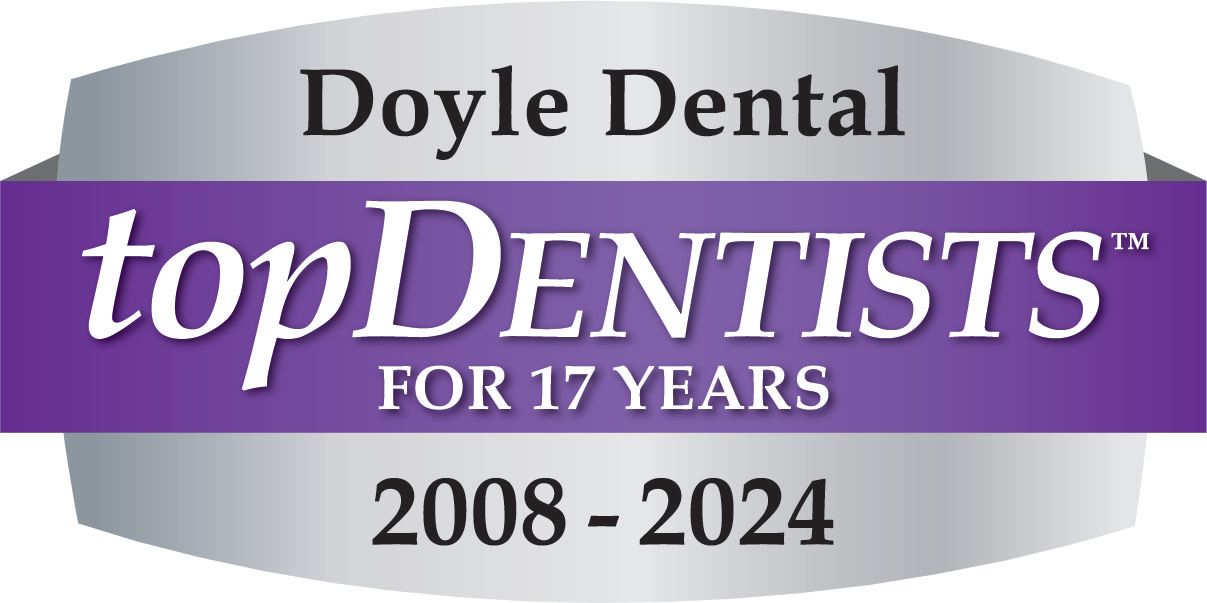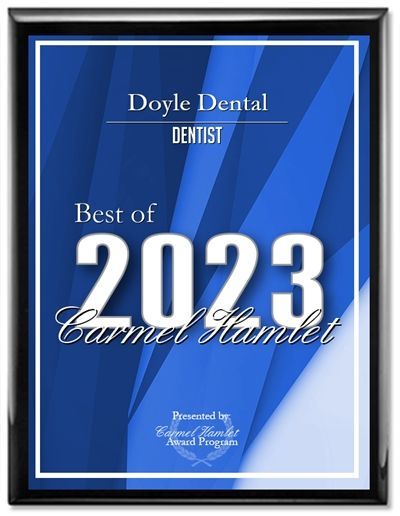Everybody Do the Floss
What’s included in your bedtime routine?
A book? Some journaling? Binge-watching “Murder, She Wrote” until you fall asleep on the couch? Whatever your routine involves, it’s safe to say a toothbrush makes an appearance at some point.
At least, please tell me it does.
Ready for “Confessions of a Dental Assistant”? Until I decided to become a dental assistant, flossing every night was not on my radar. Well, it was, but I ignored it. Brushing seemed sufficient enough. Then, when I was trying to get into the dental world, I realized I needed to practice what I would be preaching. And I haven’t looked back. Yes, there are some nights I forget or am too lazy (or I’ve run out of floss and need to go to the store), but 99 nights out of 100, I’m flossing that food and plaque out from between my teeth. Once you make the time for flossing before bed, your teeth, and whole mouth really, will be cleaner for your eight hours of shut eye.
So let’s get down to the nitty-gritty. What does flossing do?
It removes the nitty-gritty.
But in all seriousness, brushing your teeth can only do so much. Remember my blog post about X-rays? (If not, stop reading this post and go read that one. It will bring tears to your eyes. Just kidding about the tears, but please, go and read that one.) We discussed how sometimes cavities develop in between teeth. And why do those cavities develop? Because of not flossing… Well, there may be other reasons, but not flossing is a big contributor. When food gets stuck between the teeth and then stays there for a while, or plaque builds up, it facilitates decay, hence the cavities. However, flossing gets that food out of there so that your teeth and mouth remain as clean as possible.
How should I floss? When should I floss?
These are questions we sometimes get at Doyle Dental. To respond to the first question: I can’t embed a YouTube video here for you to watch, but I can suggest asking that question the next time you come to your friendly Carmel neighborhood dentist. Either a hygienist or dentist will be happy to show you the right way to get all that plaque and food out. As for the second question, flossing is most effective at night. When you sleep, your mouth produces less saliva. The less saliva produced, the higher chance bacteria will do its dirty work. Therefore, you want your mouth as clean as possible before bed so that bacteria doesn’t have as fun of a playground to spend time in. The next logical step: before or after you brush? The phrase you often hear is, “make sure you brush and floss!” However… is that the proper order? Well, while the most important thing is that you do it at some point, flossing before you brush is more effective. Think about it this way- you scrub dishes before you rinse them right? That way, the stuck-on food comes off easier. It’s the same concept. If you get all the food and plaque out from between your teeth, and then brush and rinse it away, you’ll be making the most of your brush time.
While this has been a quick discussion of flossing, I hope you feel the motivation to start, or keep up, a flossing routine. And remember, it takes a while for something to become a habit or routine. An average of 66 days in fact. So don’t give up! Your teeth will thank you, your mouth will thank you, your overall health will thank you, and most importantly, we here at Doyle Dental will thank you, and you’ll see us less. (Which, while we hope you like us, is a good thing because who wants to be a regular at the dentist? Unless we’re talking 6 month regular!)
Happy flossing!




